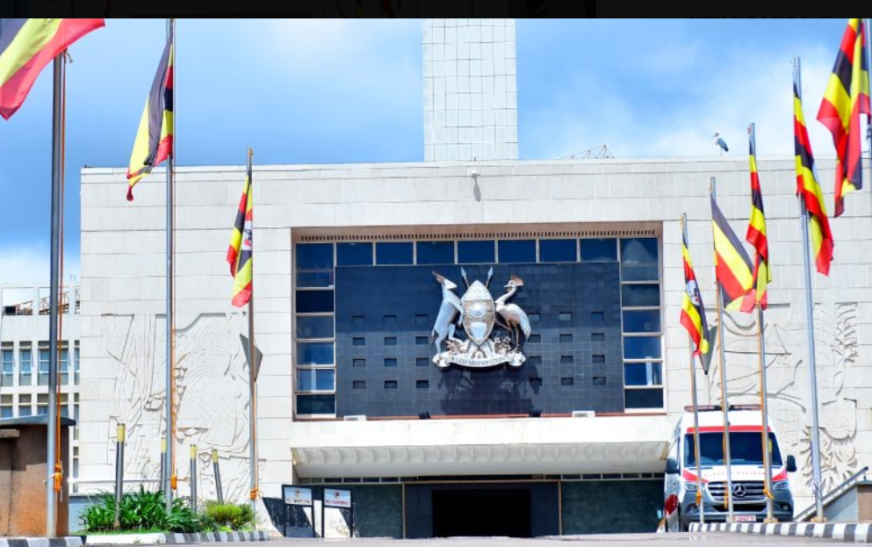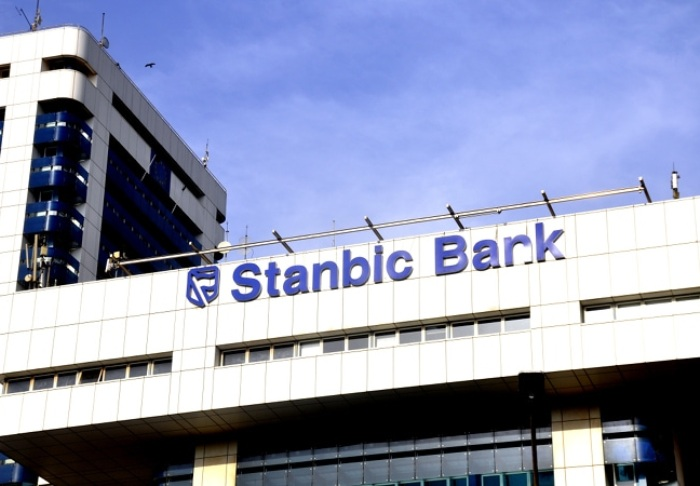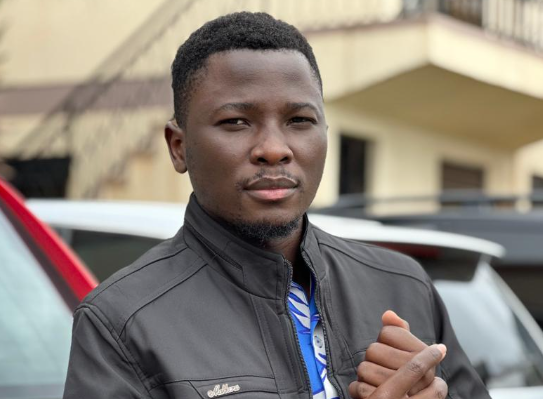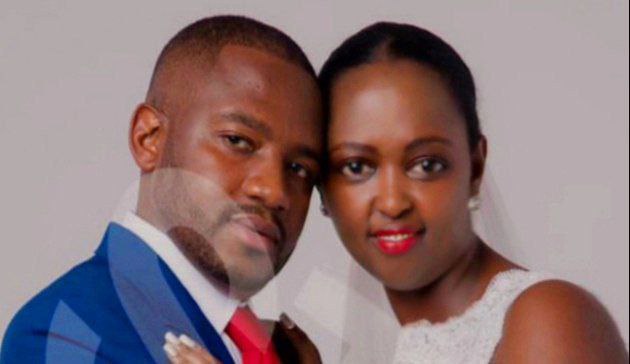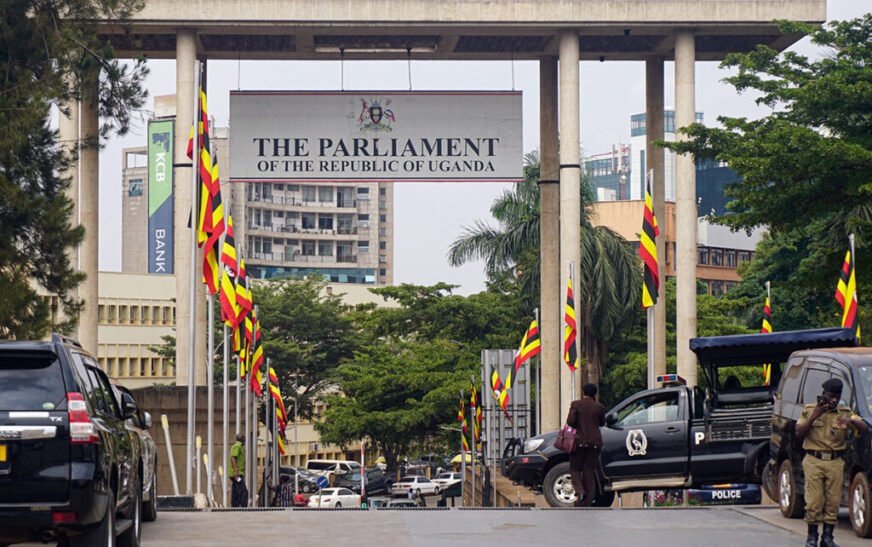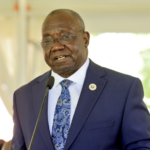Over the years, legislators have faced accusations of accepting bribes in exchange for their support on key pieces of legislation. These allegations have sparked public outrage and raised serious concerns about the integrity of the country’s democratic processes.
Term Limits (2005)
One of the earliest recorded instances of alleged bribery dates back to 2005, during deliberations on a constitutional amendment to remove presidential term limits. It reportedly seemed like a done deal, with each Member of Parliament allegedly receiving Shs 5 million to vote in favor of the amendment. The move was widely perceived as a strategic payout that paved the way for President Museveni to seek re-election.
Prosperity for All Funds (2011)
In 2011, opposition lawmakers reportedly received Shs 20 million each, wired directly into their accounts under the guise of “Prosperity for All” mobilization. This occurred just two months before the end of their tenure. However, they did not take the bait and instead publicly denounced what they viewed as a government attempt to buy their support.
Age Limit Amendment (2017)
The 2017 constitutional amendment to remove the presidential age limit stirred even greater controversy. Lawmakers were reported to have received Shs 29 million each to conduct “consultations” on the matter. The amendment was seen by many as a power consolidation move by President Museveni, and it placed MPs in the political crossfire.
COVID-19 Emergency Facilitation (2020)
In 2020, amid the COVID-19 pandemic, MPs were granted Shs 20 million each as part of an emergency facilitation package. The payout was met with public backlash, with President Museveni condemning the move as immoral, especially considering the country’s dire need for hospital support, PPE procurement, and lockdown management. He ordered MPs to return the funds.
However, then-Speaker of Parliament Rebecca Kadaga defended the disbursement, stating that Parliament had authorized the funds to help MPs support their constituencies during the crisis. Her stance deepened tensions with State House and left her politically vulnerable ahead of the 2021 speakership race. Kadaga ultimately lost the seat to the late Jacob Oulanyah, who was seen as more aligned with President Museveni. Reports later emerged alleging that MPs received cash incentives to vote against Kadaga during the campaign.
Shs 77 Billion for State House (2022)
The controversy intensified in 2022 when it was reported that lawmakers received Shs 40 million each to approve a supplementary budget that included Shs 77 billion for State House. The incident was widely criticized as a textbook case of quid pro quo—MPs allegedly rewarded for their loyalty to the ruling party.
Shs 100 Million for a Shs 5.2 Trillion Supplement (2023)
In 2023, legislators were accused of receiving Shs 100 million each to pass a supplementary budget worth Shs 5.2 trillion. Speaker Anita Among dismissed the allegations as fabrications, but the incident further eroded public confidence in Parliament, with critics branding it a “house of cards.”
Coffee Amendment Bill Allegations (2025)
The most recent allegations emerged on April 8, 2025. Lawmakers were accused of receiving financial bailouts in exchange for passing the Coffee Amendment Bill. Leader of Opposition Joel Ssenyonyi claimed that both NRM legislators and select opposition members were paid off. It’s worth noting that the NRM holds 342 seats in Parliament, giving the ruling party a strong influence over legislative outcomes.

